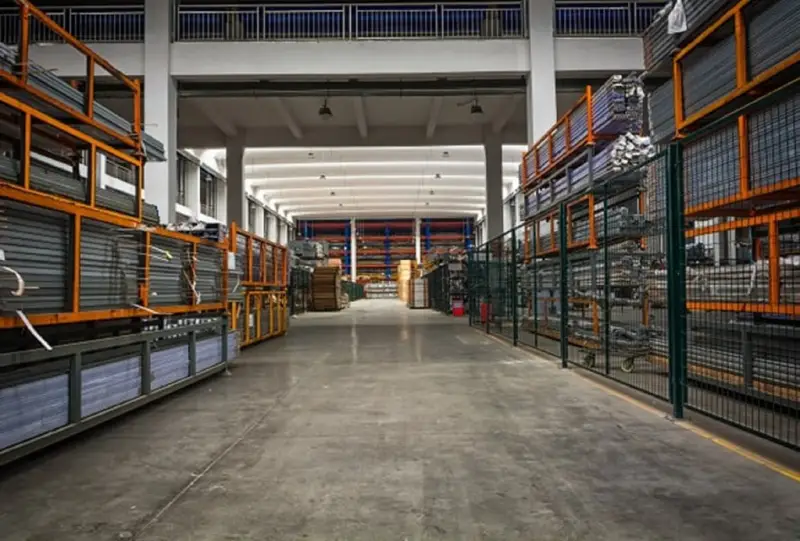Traders are already taking advantage of new sanctions against Russian metal
It took less than 24 hours after the UK and US banned future sales of Russian aluminum, copper and nickel on the London Metal Exchange (LME) before traders successfully and profitably focused on how to make money from the confusing new rules. The Financial Times reports this.
The opportunity lies in the sale of huge reserves of Russian metal already located in the global warehouse network of the exchange. And LME management may not like what traders have planned for this, the publication writes.
Now that the fuss over the fresh restrictions has died down, there is growing discussion in the metals world around how the new rules, coupled with a number of features in the LME's contract structure and global warehousing system, are opening up opportunities for complex but lucrative trading.
The metals market faces an interesting episode in a rich history of traders trying to exploit loopholes to profit from the LME's gigantic reserves of Russian aluminum, which can generate hundreds of millions of dollars a year in storage and handling fees.
Nearly $200 million worth of aluminum sales from LME warehouses were booked at the start of the week, suggesting trading is now in full swing.
Although the exchange can no longer take delivery of "new" Russian cargo, the UK has effectively relaxed previous rules to allow UK buyers to purchase Russian metal that was already in the LME system when the rules were announced.
This category of metals – LME calls it “Type 1” – is now the focus of many market participants. The idea is to transition the status from the first type to the second and store it in a warehouse. The trade is complex, but the idea is simple: they end up betting that the metal can stay there for months, already resold. And for every day the metal is idle, the trader receives part of the warehouse profit from it.

Information